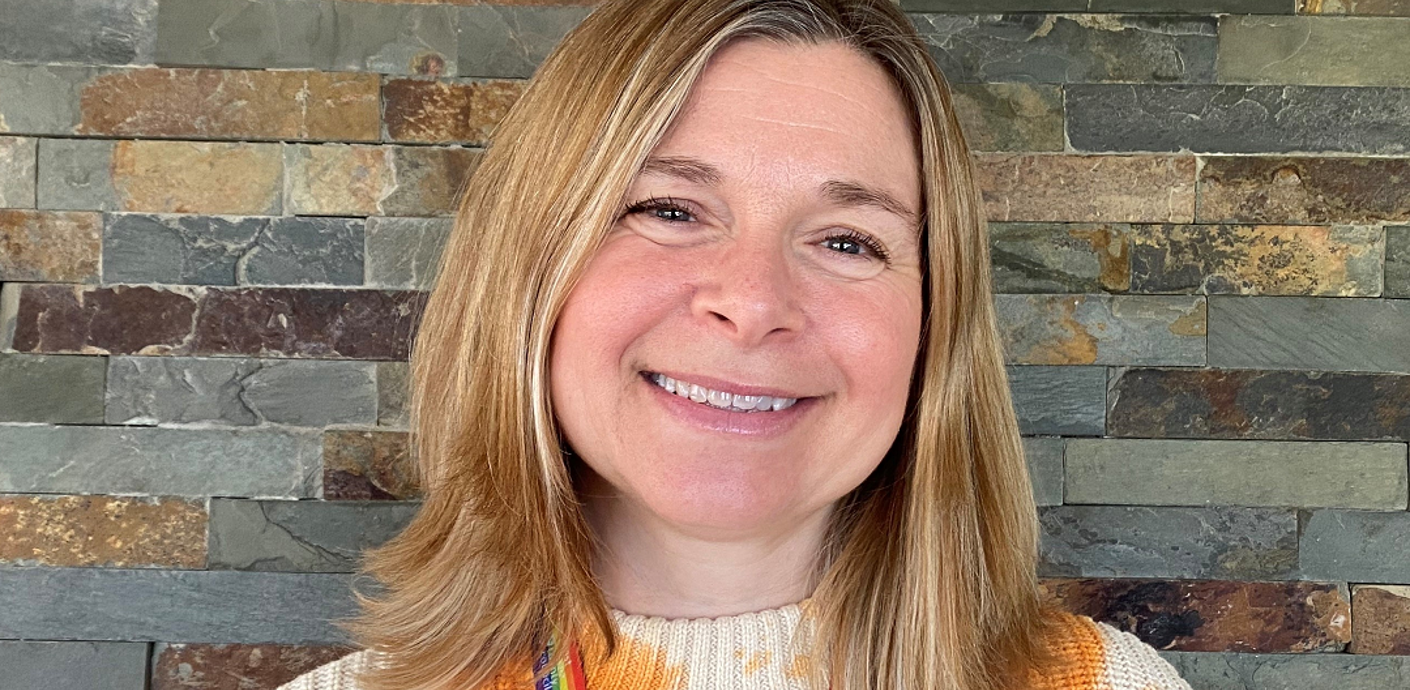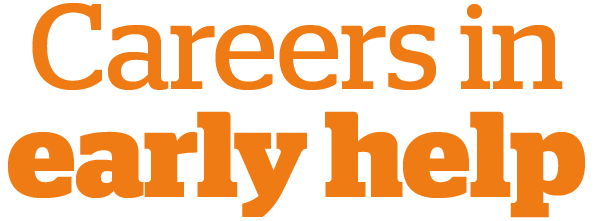Amanda, Family Support Assistant
An interview with Amanda, who finds experience vital for her role.

Tell us a bit about yourself
Hi, I’m Amanda. I’m a mum to three children; one at uni, one on a gap year and one has just started secondary school.
I moved to Lindfield in West Sussex when I was expecting my first child and have stayed here ever since!
In my spare time, I enjoy yoga, Pilates and country walks.
What inspired you to become a family support assistant?
I came to family support work quite late in my career. I previously worked in client services in the pharmaceutical industry but found that the mix of regular international travel and commuting was not conducive to a balanced family life. I have always had an interest in people - how their childhood, relationships, aspirations and experiences shape them and the dynamic between them and their family, friends, colleagues and so on.
Why did you choose to work for West Sussex County Council (WSCC)?
To be honest, I chose to work for WSCC as the post I applied for was local, there was very little travelling, and the hours worked around my children.
What I have since realised is that the support, training and flexibility that WSCC offers is top-notch. My professional development over the 12 years since I started the role has significantly expanded and my toolkit of knowledge and resources is incredibly robust.
Did you need any qualifications to work as family support assistant, or could you use transferable skills?
Well, you need to have an NVQ Level 3 in childcare, play work, family support or a related area. It also helps to have relevant experience working with parents, carers and children.
You also need a good knowledge and understanding of child development, the importance of parenting skills and the challenges of family life, safeguarding procedures and have a full driving licence. Experience of working with families also helps.
It's important to have strong communication and interpersonal skills as you will be providing direct support to families as well as working with key agencies and partners to build a robust support network for the families. A key skill is the ability to organise and prioritise work. You're working with a number of families at one time, and it is important to maintain pace and purpose and be on top of your plan of support at each stage.
What is the best thing about being a family support assistant at the County Council?
For me, the best thing is the opportunity to empower and support families to improve outcomes for their children. I feel very privileged that these families let me into their lives and share their worries with me, sometimes in times of acute stress. It is very gratifying to see the progress that families make with the support that we can give within the Early Help offer.
What do you particularly enjoy about working in the Early Help team?
It's a very tight knit team – we support each other professionally, for example, through peer supervision when we are able to ask for advice, support and share best practice, and personally as we are all aware of the importance of our mental health and wellbeing and there is always someone to call on who will ‘have your back’ at any given moment. I also feel very fortunate to have a very supportive manager. There is always the opportunity for ad-hoc check-ins as well as structured supervision.
How does West Sussex support you to develop and progress?
West Sussex offer excellent training and development opportunities. There is a plethora of courses available at any one time, which help me to support families to the best of my ability, delivering current best practice. I cannot believe how much I have learnt since starting work at West Sussex!
Is there a particular case or something about your work here that makes you feel proud?
As I have said, I feel very privileged to be a part of Early Help and to work directly with local families. It is always lovely to receive positive feedback from families, but the thing that makes me most proud is when there has been significant progression in the journey from referral to closure.
For example, I worked with 14-year-old boy who was refusing to attend school due to emotional based school avoidance. Through direct work with him to identify the push/pull factors, we were able to establish the barriers for him and work with him, school and parents to overcome these barriers with a combination of practical and emotional strategies. To know that that young person’s outcomes and preferred future was positively impacted by the work that I was able to do, makes me feel incredibly proud, both for myself and for him.
What would you say are the challenges of your role?
That there aren’t enough hours in the day! The work is extremely fast-paced and multi-faceted, and you need to be flexible in your approach - no matter what your initial plan for the day, it doesn’t always go how you expect it to!
If there is one myth you could bust about being a family support assistant, what would it be?
There is the expectation that we can ‘fix’ everything and this is certainly not the case. I am very clear from the outset with families that this is not my job, as that does not give longevity to positive change. It is much more life changing for families to empower them to undergo change themselves.
What would you say to somebody considering joining us?
I would say go for it! I have never regretted making the switch from a very different industry. I have also never felt more fulfilled and love the fact that I feel part of an amazing team.

